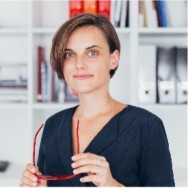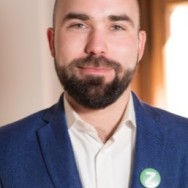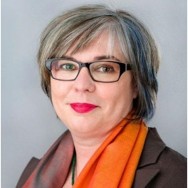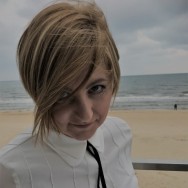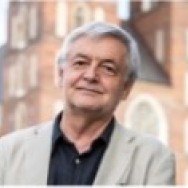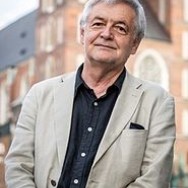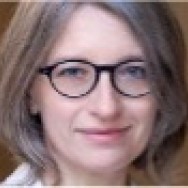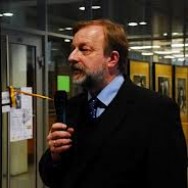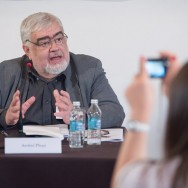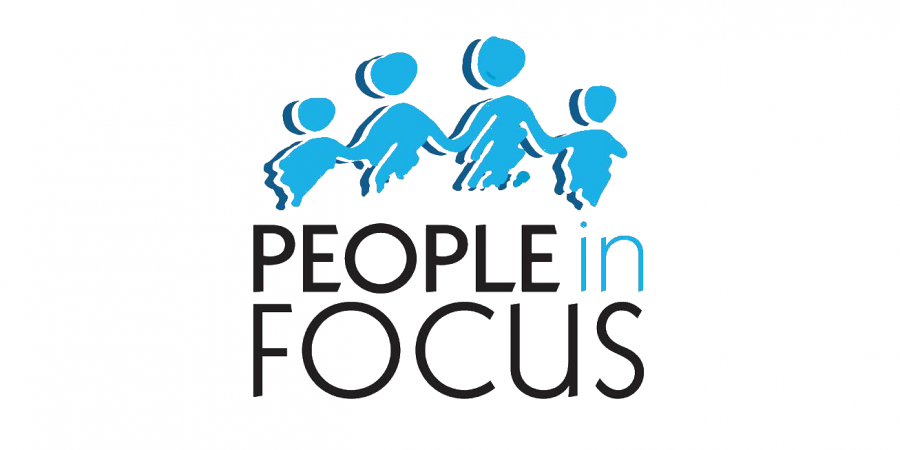Bozhena Pelenska is an Artistic and Executive Director of the Jam Factory Art Center, responsible for programming, communication, strategic development, and partnership.
She studied culture and philosophy in leading Ukrainian and international programs (Lviv National University, Ukrainian Catholic University, University of Ottawa), as well as management at the Institute of Management in Lviv and Visegrad Academy for Cultural Management.
Bozhena has been working in the cultural sphere since 2006. Bozhena joined a fresh team in the Lviv City Council - the Department of Culture and Tourism. During this period, the team launched the first creative grant program in the city, initiated different festivals and cultural programs, and worked on the city designing project and the Lviv cycling infrastructure development program.

